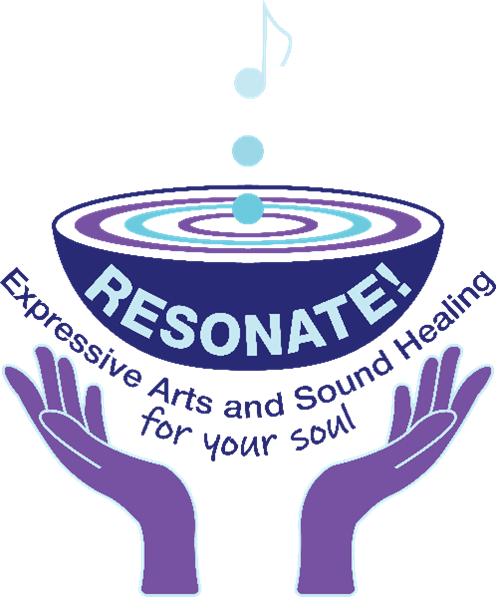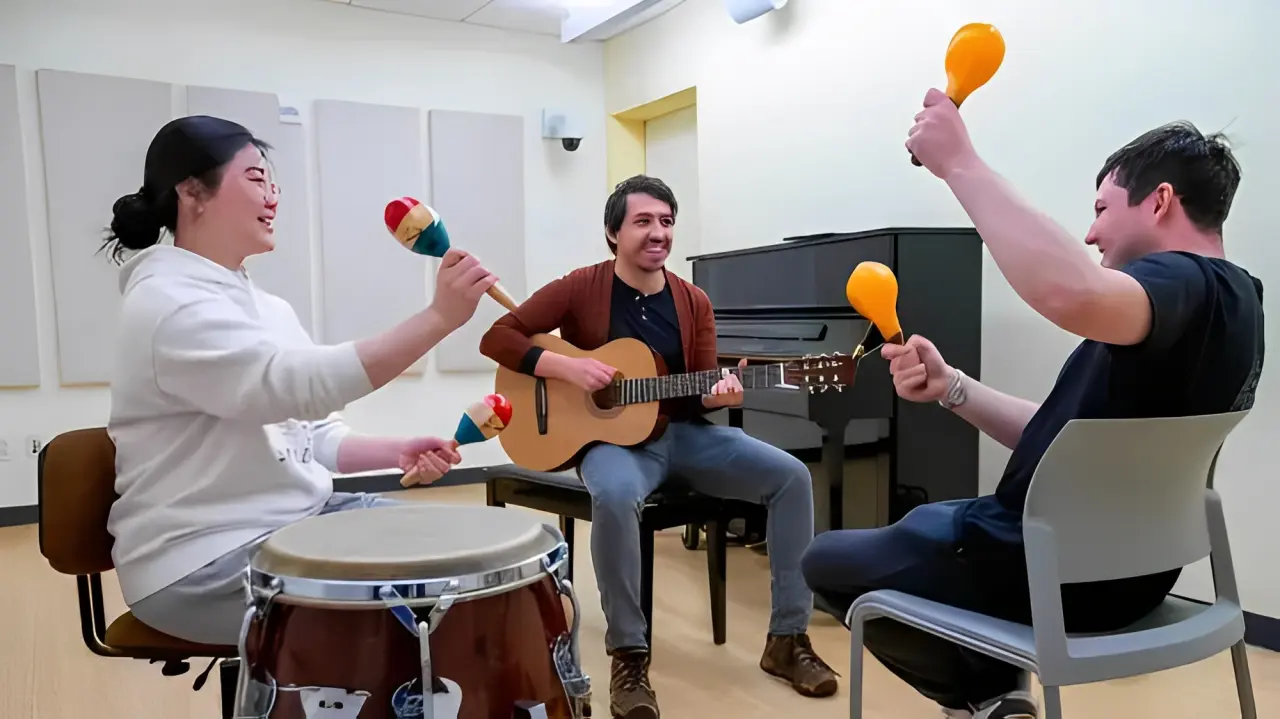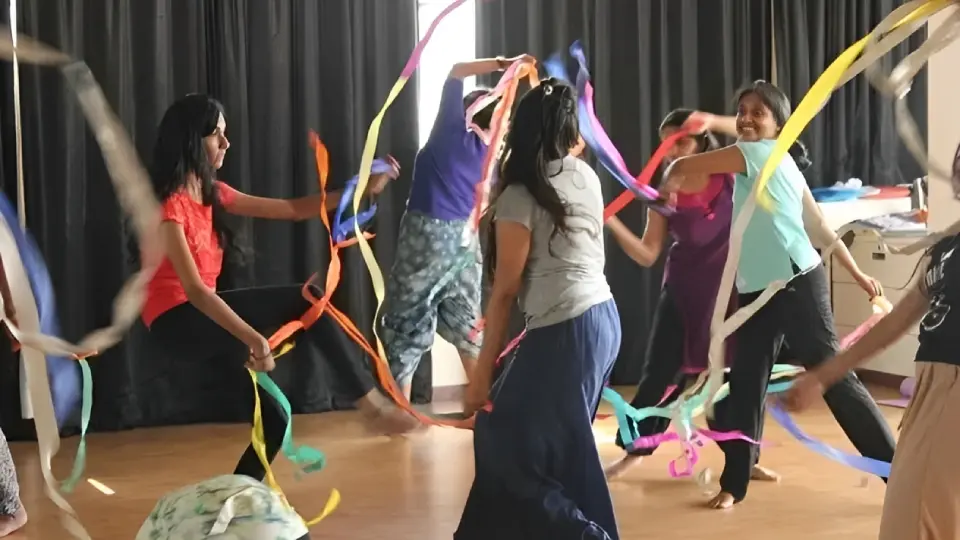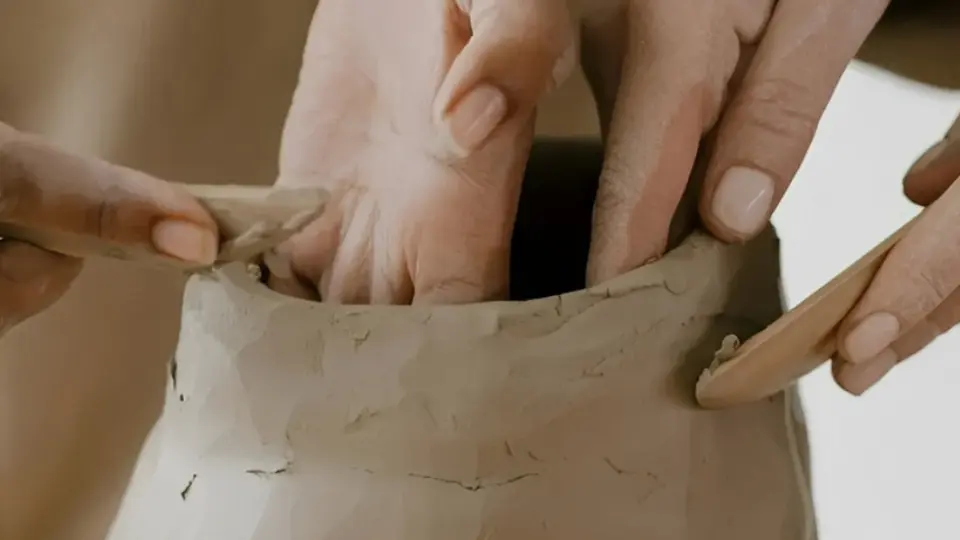Our Services
Sound Healing
Sound healing is an ancient form of healing that uses the vibrations of hand-hammered Tibetan metal bowls to produce frequencies and vibrations that are not only soothing and relaxing but have the power to vibrationally change our bodies, even at a cellular level. Our bodies are 80% water. Watch the way a bowl of water or a pond vibrates with synchronicity and pattern when it is disturbed. We believe that singing bowls do the same within our bodies! Cells can be shifted. Patterns can be broken up. New and healthier responses to stimuli can develop. There are many types of sound healing now being practiced, many using crystal bowls or mass-produced metal bowls. “Sound Baths” are common these days, mostly for larger groups and held at Yoga or Meditation Studios. These are a wonderful introduction to sound healing, but the technique we use is an ancient and specific practice taught at an internationally acclaimed school in Boulder, Colorado by Suren Shrestha, a world renown sound healer and practitioner from Nepal. To learn more
Music Therapy
Music therapy is a therapeutic approach that utilizes music within a therapeutic relationship to help individuals achieve their individualized goals, using techniques like listening to, moving to, reflecting on, and creating music under the guidance of a *trained music therapist*.
*Tami has been a board certified, registered music therapist since 1985. The credential has changed. The training and years of experience have not,. and have only added to her skill and intuition.
Those who can benefit from music therapy include (but are not limited to):
Expressive Arts Therapy
Expressive arts therapy uses various art forms, like art, music, dance, drama, collage, sculpting, and writing, to help individuals express emotions, explore experiences, and promote healing and growth. Often, the act of creating and being in “the zone” that happens when we are fully immersed in a creation, unlocks deep feelings and memories that would otherwise stay buried. We often see the symbolism and representation of these difficult emotions within our creation, once it is complete. Most expressive arts therapy relies on our subconscious to lead the way.
Expressive Arts Therapy can benefit a wide range of conditions and people, such as:
Community Support
We are wired to heal in community, not by ourselves. For thousands of years, our ancestors did not have the anxiety, depression, medications, individual therapy, surgical techniques and massive (sometimes overwhelming) resources that we have today. Life was simpler. But they could not survive alone. Healing / experiencing community teaches us that we are NOT alone. We learn that others experience the same traumas, emotions, coping mechanisms, anxiety, addiction and more. And we gain strength in each other! To learn more about the power of healing, check out these studies, articles and sites:
Sound Baths
Lie back and surrender to waves of sound in our group sound bath sessions. Surrounded by the resonant tones of crystal bowls, gongs, and gentle percussion, participants are guided into meditative states where stress melts away and inner calm emerges.

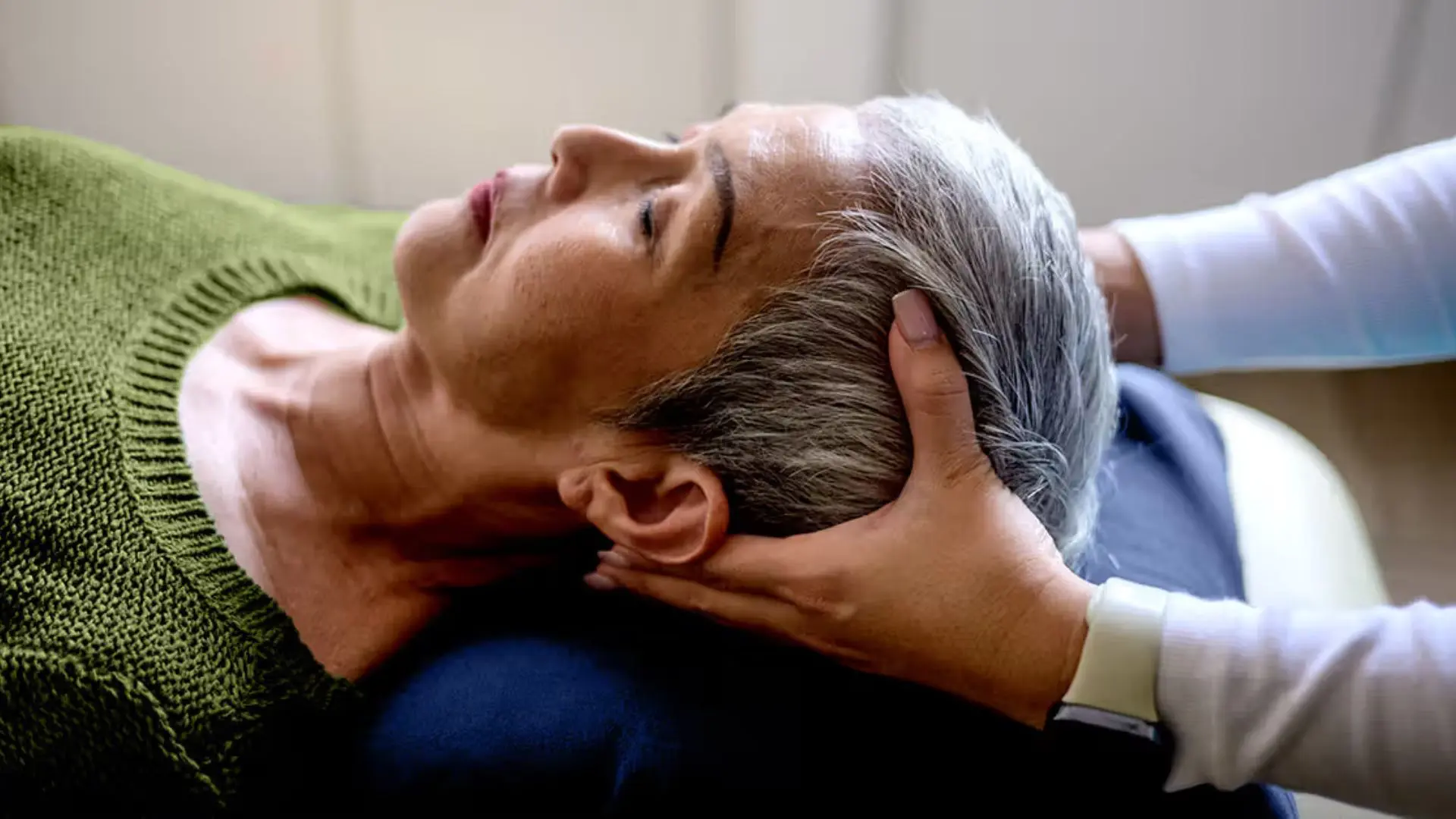
Individual Sessions
In one-on-one sound therapy sessions, clients lie comfortably while a practitioner uses singing bowls to facilitate a personal healing experience. Each session is tailored to the individual’s needs—supporting relaxation, stress release, and emotional wellness through intentional sound.
Workshops
Our dynamic workshops blend sound healing with the expressive arts—offering a playground for creativity, self-inquiry, and collective resonance. Whether exploring movement, voice, or visual art, participants are encouraged to engage deeply with their inner world in a supportive group setting.


Support Groups (To Be Announced)
RESONATE! will soon offer themed support groups incorporating sound healing, expressive arts, and mindful sharing. These sessions provide safe spaces for connection, healing, and empowerment through communal support and holistic practices.
Yoga & Trauma Informed Yoga
Trauma-informed yoga is an approach to yoga that prioritizes creating a safe and supportive environment for individuals with trauma histories, recognizing that trauma can affect both the mind and body. It differs from traditional yoga classes by being mindful of potential triggers and offering modifications and breaks to allow participants to practice at their own pace. Key components often include safety, choice, mindfulness, collaboration, sensory awareness, trauma informed language that is sensitive to triggers and promotes safety and comfort.
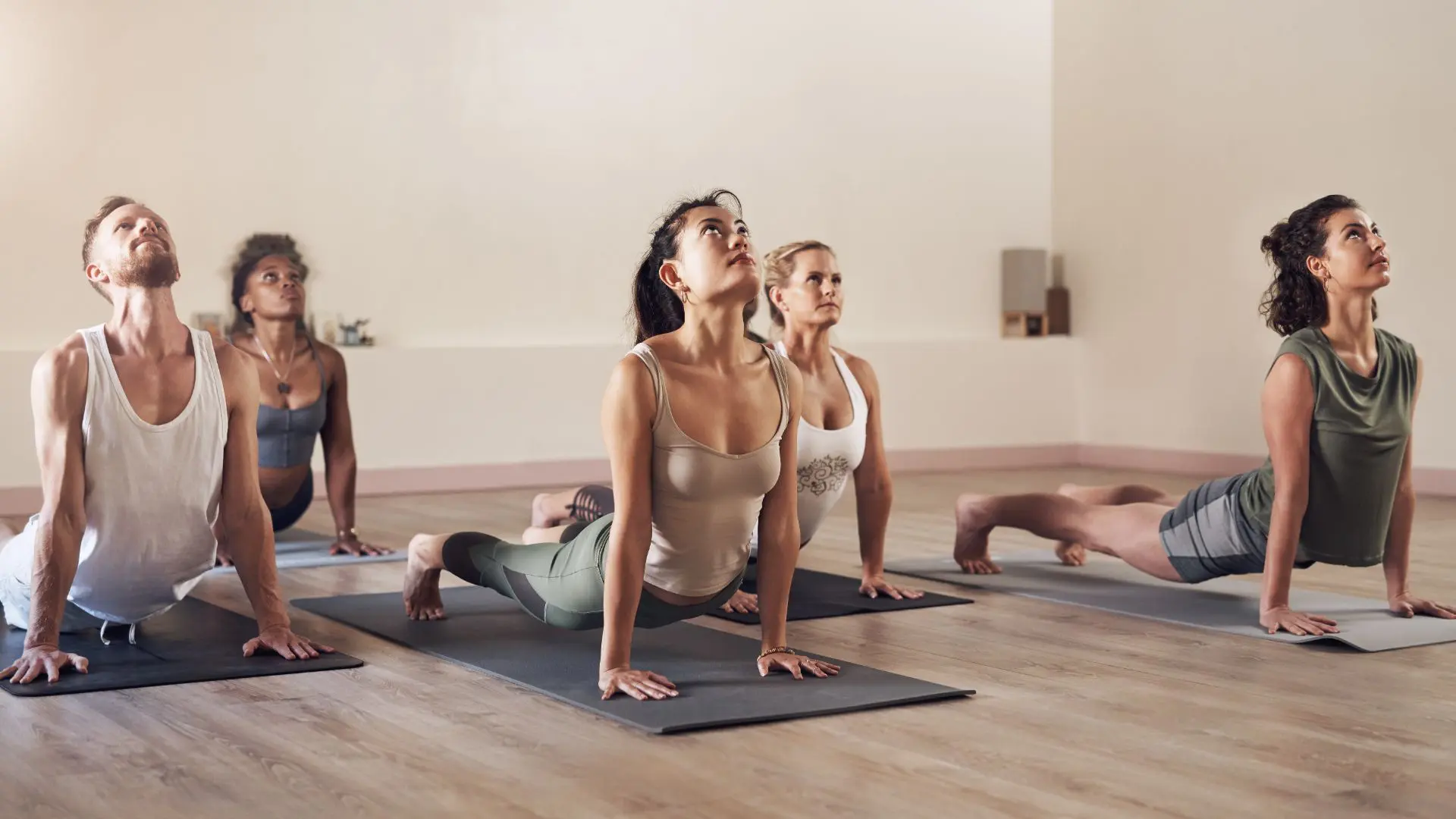

9. Enhanced Posture: Yoga helps strengthen core muscles and improve spinal alignment, leading to better posture.
10. Improved Digestion: Yoga can promote healthy digestion by increasing blood flow to the digestive organs.
11. Weight Management: Yoga can increase metabolism and promote a healthy weight.
12. Healthy Joints and Bones: Yoga helps maintain healthy joints and bones by increasing blood flow and promoting overall body strength.
13. Increased Energy and Vitality: Yoga can help reduce fatigue and improve energy levels.
14. Improved Cardiovascular Health: Yoga can lower blood pressure and improve heart health.
15. Reduced Risk of Injury: Yoga improves strength, flexibility, and balance, reducing the risk of injuries.
Mental and Emotional Benefits of Yoga:
1. Stress Reduction: Yoga's combination of physical postures, breathing techniques, and meditation can reduce stress hormones and promote relaxation.
2. Reduced Anxiety: Yoga can help calm the nervous system and reduce symptoms of anxiety.
3. Improved Mood: Yoga can help release endorphins, which have mood-boosting effects.
4. Enhanced Mindfulness: Yoga encourages present moment awareness, improving focus and concentration.
5. Improved Sleep: Yoga can help regulate the sleep-wake cycle and improve sleep quality.
Functional Medicine
RESONATE! embraces a whole-body approach to health by identifying root causes of imbalance. Through lab testing, nutrition, and personalized treatment plans, our Functional Medicine practitioners work with clients to create sustainable paths to wellness.

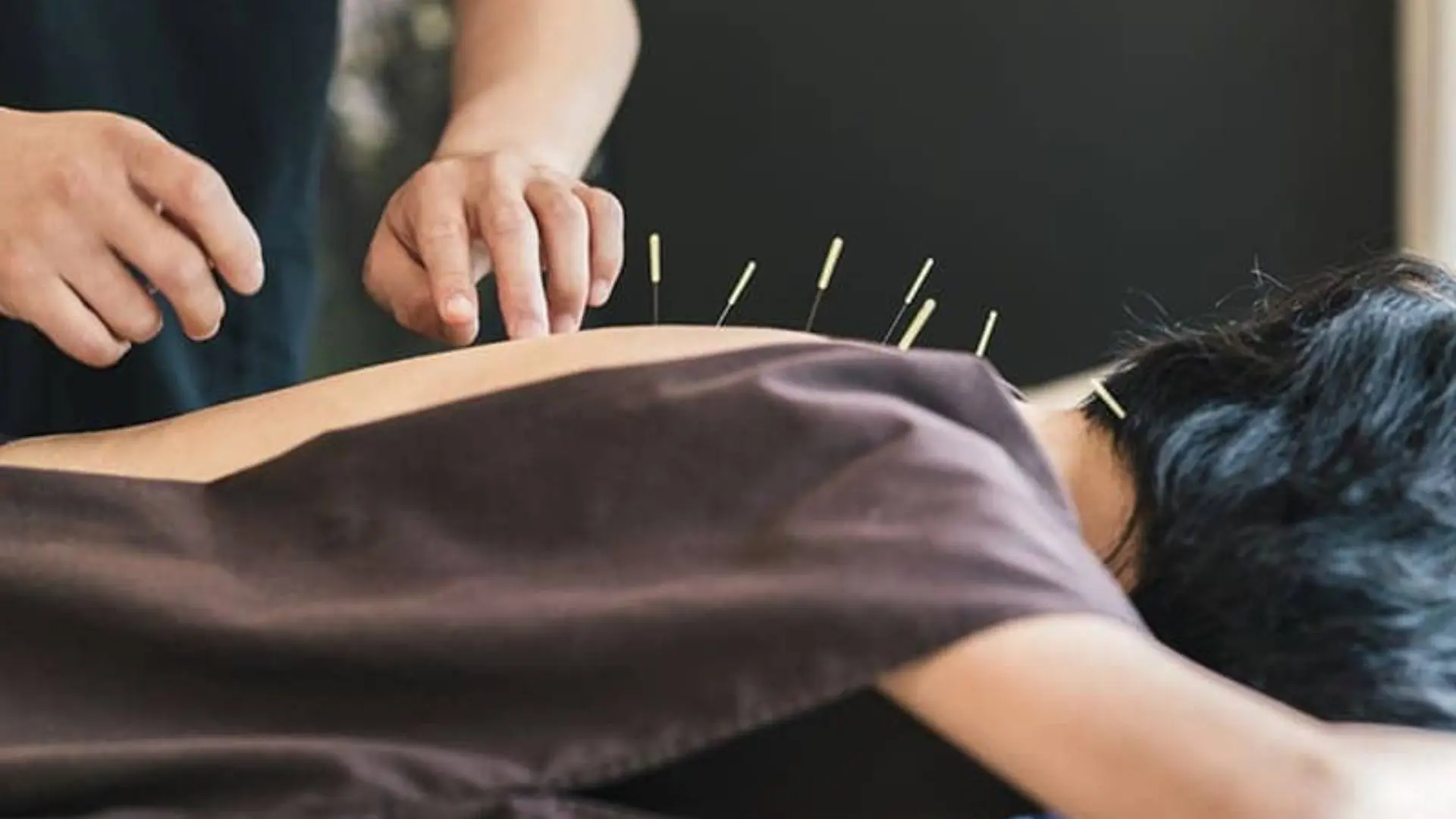
Other differences between these two methods are:
- Training. Professionals who offer medical acupuncture have completed extensive medical education, whereas traditional acupuncturists focus solely on Qi and the art of carefully inserting acupuncture needles.
- Extent of treatment. Medical acupuncture is overseen by a physician and is often part of a holistic treatment plan that is based on modern scientific knowledge. A traditional acupuncturist may recommend traditional Chinese medicine, which has very limited scientific backing.
- Safety. Although both types of acupuncture can be safe, the risks do tend to be lower with a modern medical approach.
Medical Accupuncture
Acupuncture involves the insertion of very thin needles through your skin at strategic points on your body. A key component of traditional Chinese medicine, acupuncture is most commonly used to treat pain. Increasingly, it is being used for overall wellness, including stress management.
The primary difference between Western medical acupuncture and the traditional Chinese approach boils down to the principles on which they operate. Traditionally, acupuncture focuses on the idea that an invisible energy force, called Qi, flows through the body. Acupuncture seeks to balance and improve the flow of Qi.
Medical acupuncture, on the other hand, has a much stronger focus on proven science. It works by strategically stimulating the nervous system.
Art Infused Counseling
Explore healing through creativity in guided art infused counseling sessions. Using visual arts as a language of expression, clients uncover insights, process trauma, and build emotional resilience with the support of a licensed art therapist.
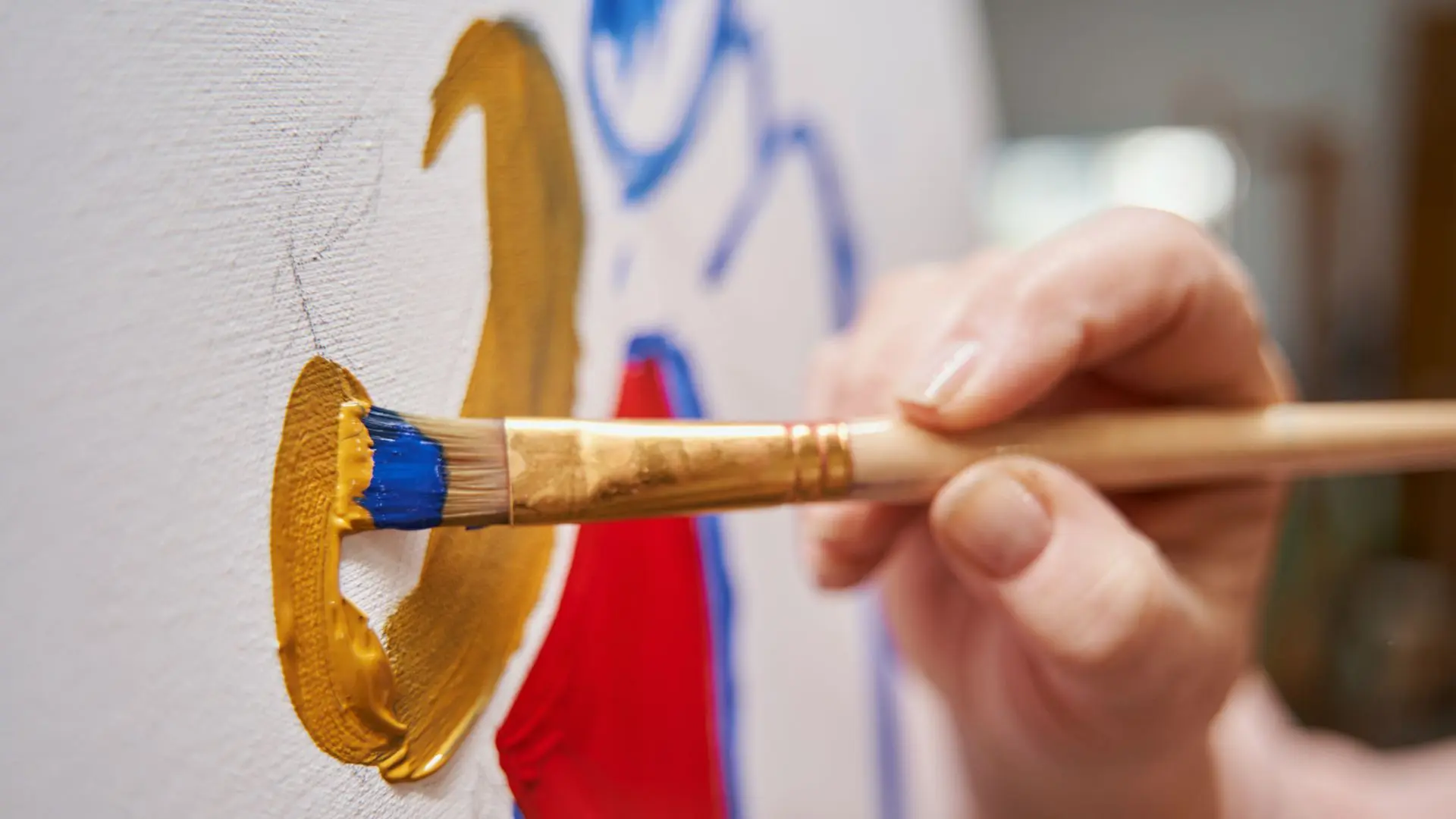

Reiki
A deeply calming energy healing modality where the practitioner channels universal life force energy through gentle touch or hands-off techniques. Reiki sessions at RESONATE! are often enhanced with sound elements to amplify healing and harmonize energy flow.
Hypnotherapy
Hypnotherapy is a form of psychotherapy that uses hypnosis to help individuals make positive changes in their lives. It involves guiding a person into a relaxed, focused state (a trance) where they are more open to suggestions and can access their subconscious mind. The goal is to address issues like anxiety, stress, phobias, and unhealthy habits by utilizing the power of suggestion and visualization.
Hypnotherapy utilizes hypnosis, a state of heightened awareness and focus, to help individuals explore and change their thoughts, feelings, and behaviors.
A qualified hypnotherapist guides the client into a relaxed, trance-like state through relaxation techniques, such as deep breathing or visualization. In this state, the client is more receptive to suggestions, which can be used to address various issues.
At RESONATE, our hypnotherapist is IMDHA certified. An IMDHA (International Medical and Dental Hypnotherapy Association) hypnotist is a certified hypnotherapist who has completed rigorous training and meets specific standards in hypnosis education and practice, focusing on applying hypnosis within the context of healthcare and wellness. IMDHA hypnotherapists work with other healthcare professionals to help people manage stress, overcome challenges, and improve their overall well-being.

Check Out Our Upcoming Workshops
Services to Begin in the Fall of 2025
“Invisible Women” Monthly Support Group for Women who feel invisible, discounted, marginalized or forgotten. ALL ARE WELCOME
“PTSD” Monthly Support Group: For veterans, as well as anyone who identifies as having “post traumatic stress disorder.” This does NOT have to combat related trauma, but includes any type of trauma that you wish to face, and learn new coping strategies. ALL ARE WELCOME
Book Our Services

